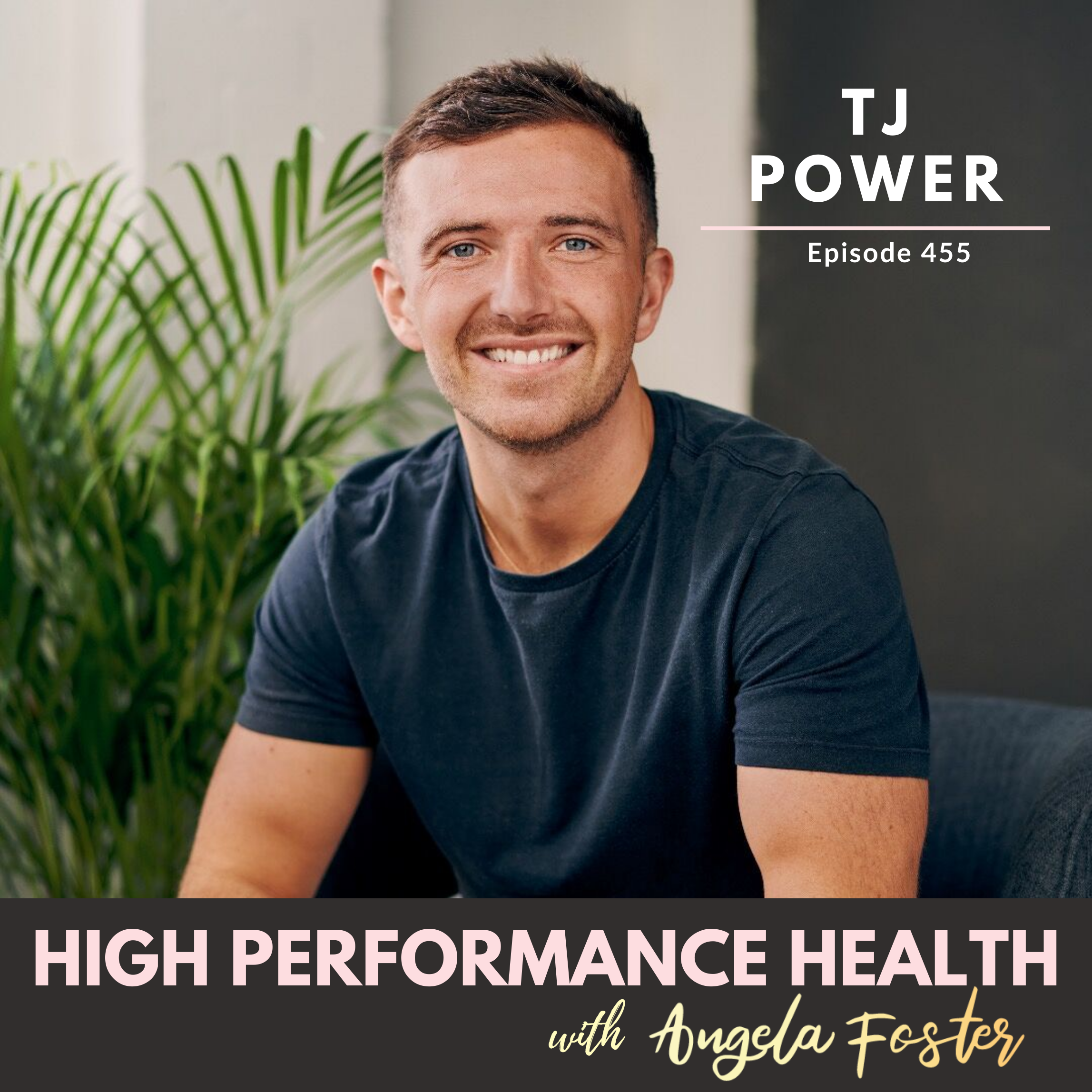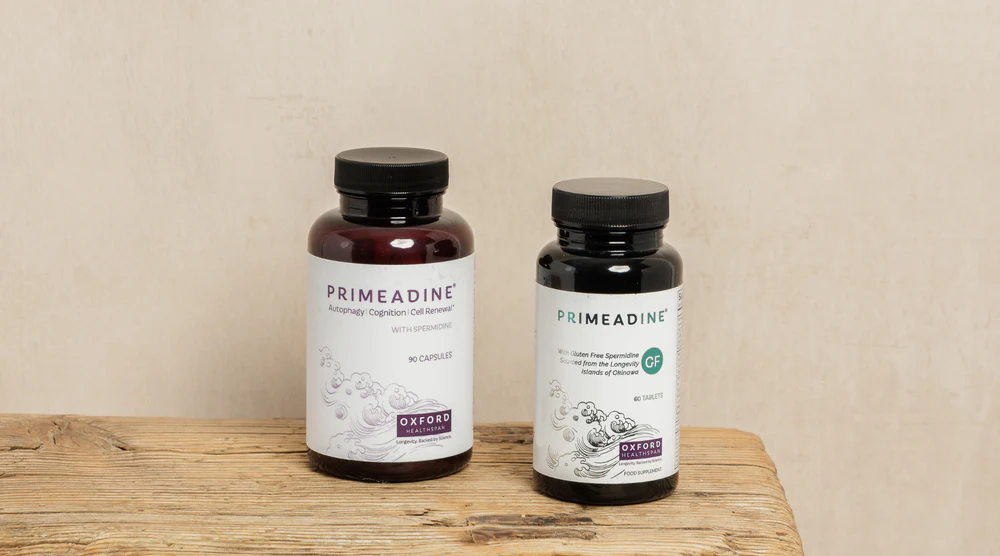How to Create Metabolic Flexibility?
Master Your Metabolism and Hormones Guide
If there is one single thing you can do to improve your metabolism and balance your hormones, managing your stress is it. In today’s modern society, we are stressed all the time — from the moment we wake up to the moment we go to bed.
Thousands of years ago, the stress response spiked when humans faced an immediate threat, such as a bear or tiger. After the threat disappeared, so would the stress response. On top of this, the stress response only occurred every few weeks.
Today, we wake up stressed. We go about our days stressed out. Inevitably, this can have various negative impacts on the body. In this guide, I’m going to go over exactly what happens during the stress response and why it might be contributing to weight gain, a slow metabolism, and imbalanced hormones. At the end, I’m also going to provide ways that you can de-stress and re-balance your hormones.
Understanding the Stress Response

There are various reasons the stress response happens. Caffeine can lead to adrenaline spikes and so can unconsciously worrying about gaining approval from others. Generally, modern stress is triggered by the way we think, leading to chronic and constant stress which changes the chemistry of the body.
Initially, adrenaline increases. This alters blood pressure. It also deters your blood supply from your digestive organs to your arms and legs, which allows you to run away from a threat. This means that your digestion becomes compromised. Ever notice how when you’re stressed your stomach and digestive tract doesn’t handle food and elimination the same? This is why.
These constantly elevated levels of adrenaline also change the fuel that the body uses. Usually, the body uses a combination of glucose and fat for fuel. Yet, with elevated adrenaline, the body turns to burning primarily glucose, losing its ability to burn fat.
High levels of adrenaline further leads to the creation of inflammatory compounds. And this leads to aging and degeneration from the inside-out. As such, the body begins to produce anti-inflammatory substances, including cortisol.
Cortisol is an indicator of long-term stress. It is a very catabolic hormone, which means it breaks down muscle to produce energy and this also slows down the metabolism via a reduction in muscle mass.
This is why long-term stress frequently leads to weight gain, no matter how much you eat or workout. In fact, excessive exercise can even add to this stress pile, leading to your body to put on even more weight. This can be very counterproductive when what you really need to focus on is de-stressing and finding ways to relax.
How To De-Stress & Re-Balance Your Hormones

After the age of 30, the body loses 2-3% of muscle mass per decade if there is no counterbalance, such as strength training. This can further downregulate your metabolism and throw off your hormones. And this is why after this age, it’s so important to tune into what you can do to improve your health and ultimately, enhance longevity and improved performance.
So, how can you do this?
- Weight train regularly but not to the point of exhaustion (feeling over-tired is adding more stress which the body doesn’t need).
- Practice restorative techniques, such as breathing or tai chi. These practices will communicate safety to the body, relaxing the stress response.
- Listen to your body. Sometimes, you can gain energy from a brisk walk. Other times, it might completely wipe you out. Tune into what your body is telling you and perform exercise that is appropriate (or rest).
- Focus on changing your beliefs. There’s a lot of layers to this one. For some women, talking to a therapist can help unravel any beliefs that are holding you back or adding stress to your life. For others, it’s all about recognizing what these beliefs are and intentionally changing them.
- Eat for your body and your genetics. When it comes to diet, everyone is different. Ideally, you want to focus on consuming more whole foods than not, since these foods contain an abundant amount of nutrients that helps your body function at its best.
Are you interested in learning more?
Share Article
Subscribe to receive the latest health tips
Get my latest health, fitness, biohacking, anti-aging tips, and podcast episodes delivered straight to your inbox.
Recent Podcasts

EP 456- Spermidine: The Anti-Aging Molecule Every Perimenopausal Woman Should Know About | Leslie Kenny
Angela talks to Joe Cohen, founder of SelfDecode about the power of DNA testing and how understanding one’s genetic code can unlock insights into predispositions for diseases, optimal supplements, and dietary needs.

EP 455- Bitesize Biohack: Dopamine, Focus & Flow – How to Feel and Perform At Your Best
Angela talks to Joe Cohen, founder of SelfDecode about the power of DNA testing and how understanding one’s genetic code can unlock insights into predispositions for diseases, optimal supplements, and dietary needs.

EP 454- DNA Testing & Health Optimisation Part 1: Personalize Your Longevity Plan, Lower Your Biological Age & Balance Your Hormones | Joe Cohen
Angela talks to Joe Cohen, founder of SelfDecode about the power of DNA testing and how understanding one’s genetic code can unlock insights into predispositions for diseases, optimal supplements, and dietary needs.

EP 453- Bitesize: Stop Forcing, Start Flowing- What Human Design Can Teach You About Alignment | Emma Dunwoody
Angela welcomes former British Army soldier turned fitness coach and author of “Hard Stuff, Easy Life”, Jay Alderton.
They delve into Jay’s transformative journey from a lack of direction to mastering discipline and mindset, examining the importance of habits and routines in achieving long-term success. Jay shares insights on the difference between motivation and discipline, the significance of community support, and the role of mindfulness in daily life.




















